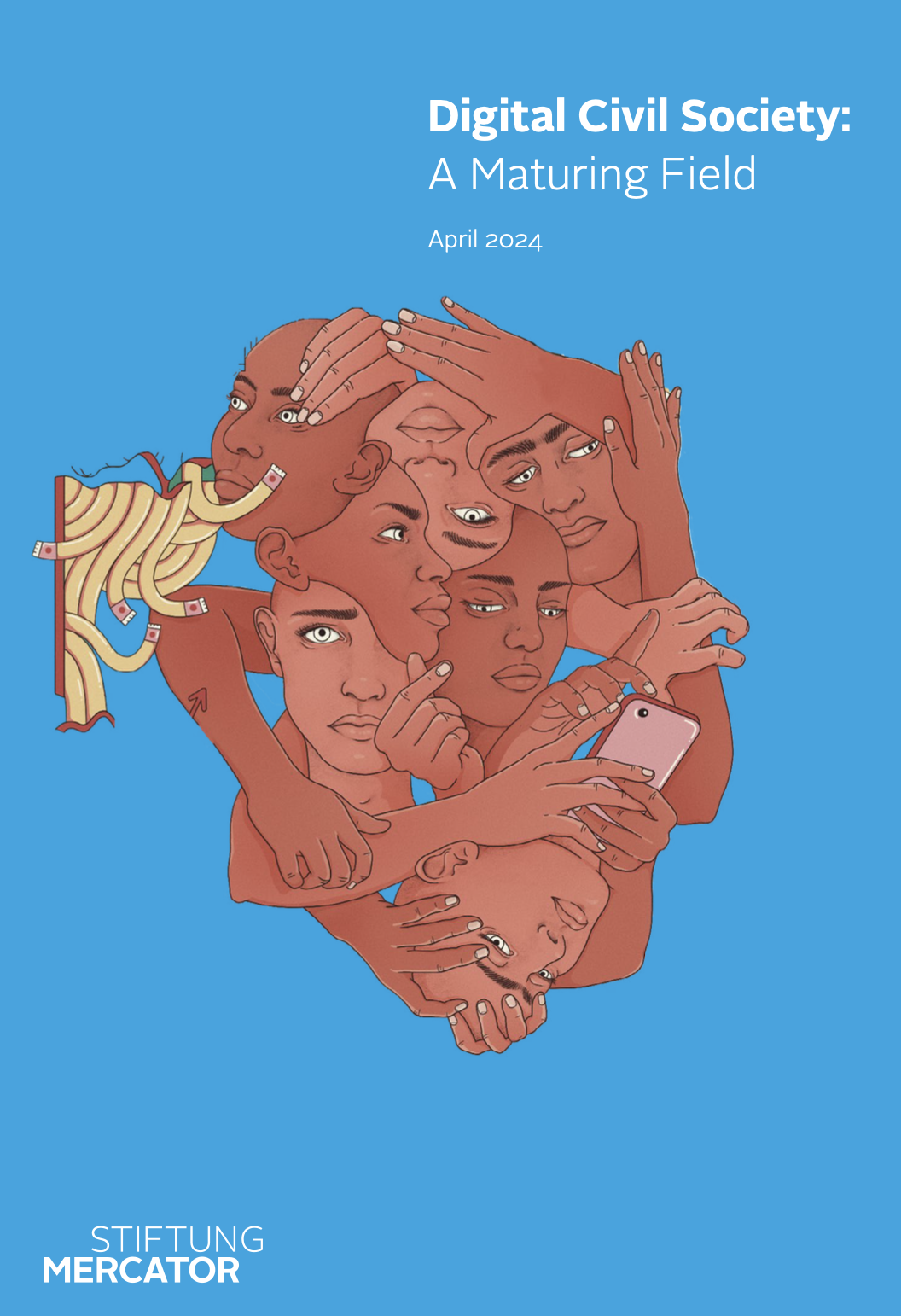I’m working on an independent project with the goal to empower public & third sector decision-makers to make better informed decisions about the societal role and impact of tech; To be more attuned to the complexities and thorny issues at the intersection of tech & social systems.
This is a current evolution of what started out as a book idea that I called “Getting Tech Right”.
The outputs will be two-fold:
- A series of interviews with leading experts in this space, published as a podcast (see Getting Tech Right on Apple Podcasts, Transistor.fm, RSS feed)
- A book-ish (or equivalent) written piece — might take the shape of a book, might take the shape of a website.
The goal is to offer accessible, pragmatic guidelines for how to approach decisions that involve technology, and to approach them with a focus on public interest, citizen empowerment and civil rights in mind. To steer the ship not towards scaling and efficiency but towards empowerment and resilience.
It’s aimed primarily at funders and policy makers in that space but is relevant to a much broader audience.
I hope to offer a solid jumping-off point for how to think about these issues: Which questions to consider, how to factor in power dynamics and governance, etc. In other words, literally everything but the technology itself.
The idea is to allow those disproportionately influential folks to quickly read this, and help them level up without falling for the avoidable mistakes; after all there are going to be many more advanced challenges worth working on instead.
To give a few examples, this would be for profiles like:
- the director or program lead of a major foundation trying to figure out where best to bring their influence and funding to bear in and around algorithmic decision-making and civil rights;
- the C-level of a political foundation striving to align their initiatives with issues surrounding tech governance;
- the policy maker working on figuring out how to shape issues around tech platforms and civil rights going forward within their party;
Informally speaking, I imagine a wide range of angles for this, from actionable advice around the thorny issues of smart city decision-making when it comes to respecting civil rights, to approaches for assessing potential impacts of data or privacy related issues, to best practices for making sure that vulnerable communities are heard and considered when it comes to policy or implementation of new technologies in public space.
To this end, I’ve started compiling a list of experts that I’m still building out even as I’ve started reaching out to conduct interviews with, which I’d also like to share in full.
I’m not sure yet about distribution and want to be mindful of anyone’s time commitments. If you know someone who should be included, and who might talk to me about this despite the many unknowns, please let me know. I’m casting a deliberately wide net but put a priority on making this a diverse list of experts. Folks also don’t have to be famous: Obscurity is not an issue if they’re doing great work in this space.
So any pointers welcome: You can find my contact details here, and my Twitter DMs are open.
ps. The final output might take the form of a book or another shape, but the interviews will be made available independently from that publication. Also, as a side note, I’m still looking which adjective to use to best capture this approach to tech: is the best term “responsible” (maybe, but it’s a mouthful), “ethical” (no), “public interest” (good but specific to gov/public space contexts)… suggestions welcome!


